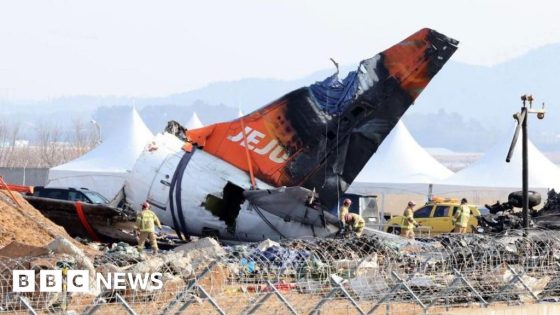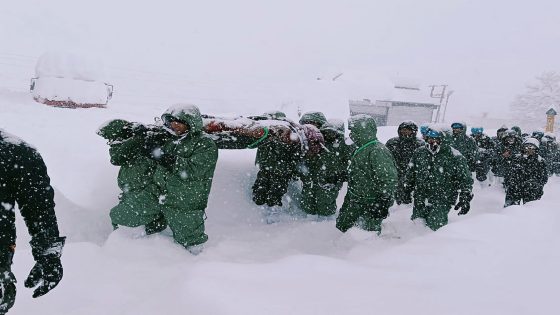Two tourists, Ebony McIntosh from Derby, England, and Nadine Raguse from Germany, died from suspected pesticide poisoning in Sri Lanka after their hostel was fumigated for bedbugs. The incident occurred at the Miracle Colombo City hostel, where both women fell ill following the treatment.
- Two tourists died from suspected pesticide poisoning.
- Ebony McIntosh and Nadine Raguse were victims.
- Fumigation for bedbugs led to illness.
- Autopsy planned after family arrives in Sri Lanka.
- UK government supporting McIntosh’s family.
- GoFundMe page launched for travel expenses.
The tragic deaths of the two tourists have raised serious concerns regarding the safety protocols for pesticide use in hospitality settings. Ebony McIntosh, 24, was hospitalized after showing symptoms of pesticide poisoning, including vomiting and difficulty breathing. Nadine Raguse, 26, was also affected by the fumigation process. Both women were staying at the Miracle Colombo City hostel in Colombo, Sri Lanka.
According to Sri Lanka Police spokesman Buddhika Manatunga, an investigation is underway to determine the exact cause of the poisoning. An autopsy for McIntosh is scheduled to take place after her family arrives in Sri Lanka. The hostel has been closed pending the investigation.
McIntosh’s family has set up a GoFundMe page to assist with travel expenses to Sri Lanka. They expressed their heartbreak over her unexpected passing, noting that she had traveled to Sri Lanka to pursue her dreams of exploring South Asia. The family reported that McIntosh had been in good spirits prior to the incident and was excited about her travels.
Authorities are emphasizing the importance of proper pesticide application and safety measures in the hospitality industry. This incident highlights the potential risks associated with chemical treatments in accommodations frequented by tourists.
The deaths of Ebony McIntosh and Nadine Raguse underscore the critical need for stringent safety protocols in the use of pesticides in hospitality environments. As investigations continue, it is essential for the industry to prioritize the health and safety of guests.
































